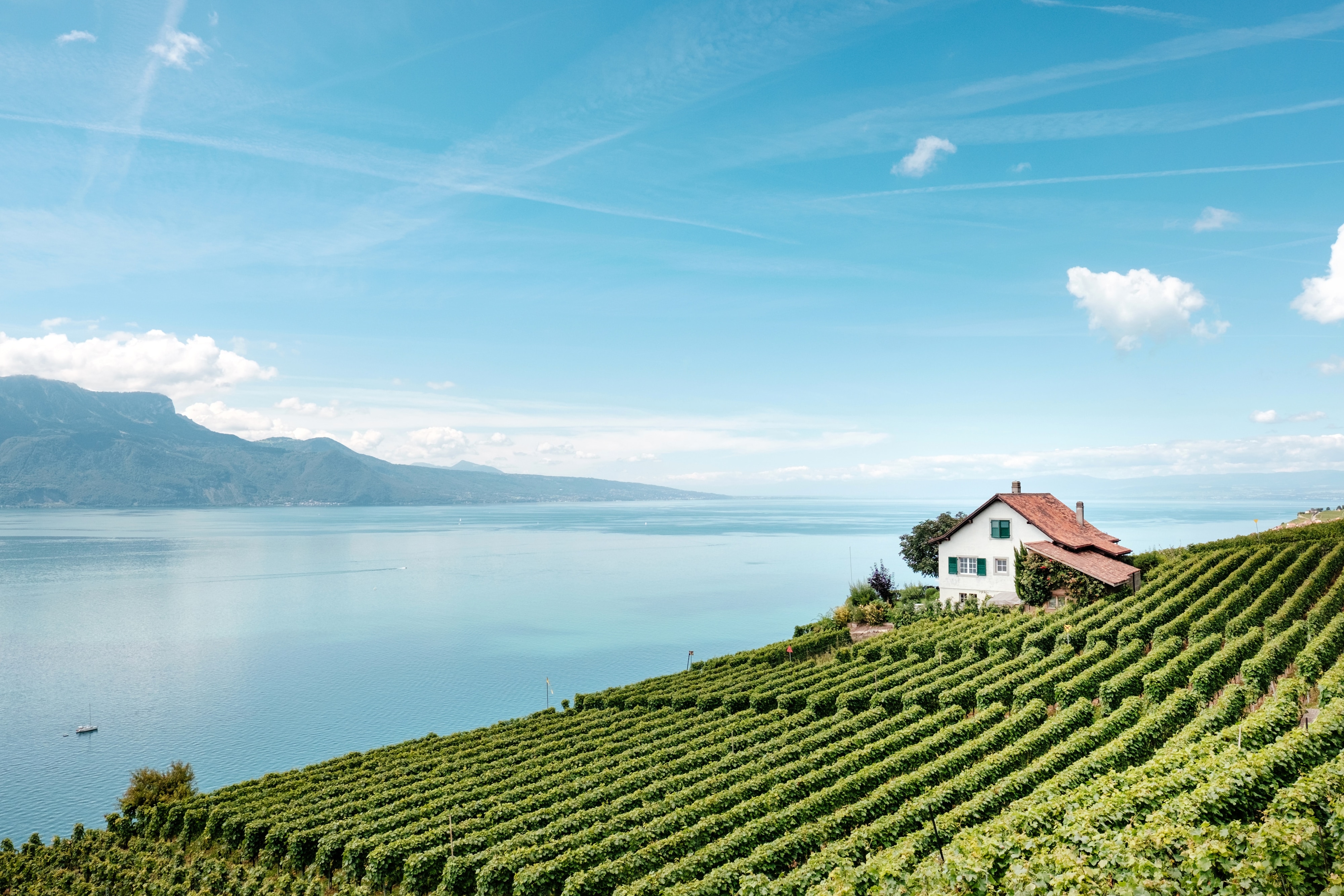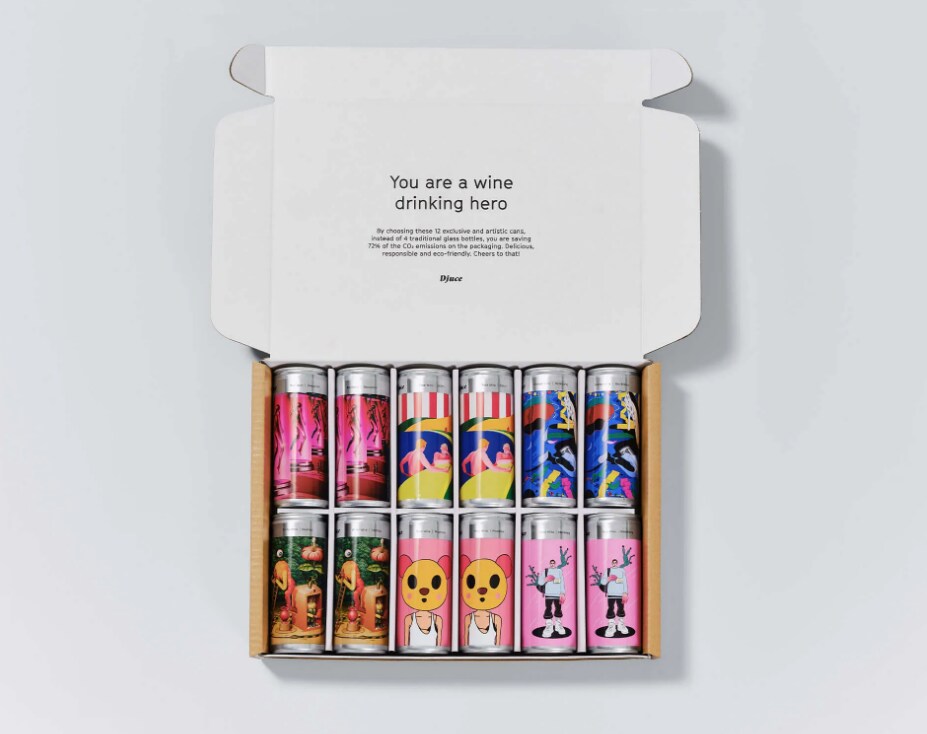If we are into our third glass, perhaps we imagine a small butterfly fluttering by and hear birds singing from nearby trees, the soft soil giving way under the boots of a vineyard worker. Reality is seldom this romantic.
Not as small-scale as we like to imagine
The global wine industry in many ways is a large scale, industrial operation. The seven largest wineries on the US West Coast represent approximately 70 percent of the US wine production.
The grapes are grown in great expanses of monocultures which become quite susceptible to diseases or insects. Thus, they are doused in pesticides and the ground is kept free from weeds through herbicides. To give the proper nourishment to the plants, synthetic fertilizers are added.
Let’s be fair, this is how most produce is grown at scale. It is in many ways a result of the period of time after the Second World War, when these chemical agents were discovered, giving the farmer or winegrower more control over production volume or outcome.
However, many growers and many consumers object to the treatment, which is detrimental to wildlife, the health of the soils, the vineyard workers and in some cases the consumer. A study in Bordeaux in 2013 showed that 90% of all tested wines contained pesticide residues. Even if these levels are generally low, there are consumers that wish to avoid the associated risk.
Organic certification
Enter organic wines. No synthetic pesticides, no herbicides and only organic fertilizer. Think compost and cow dung. These regulations are the same wherever you go. The more precise rules for organic wines differ a bit around the world, with the EU holding one set of rules, Australia another and the USA a third.
(The most notable difference being that an organic wine in the USA is not allowed added sulfites as a preservative, or it must be called “wine from organic grapes” while in the rest of the world, sulfite additions are allowed albeit at a slightly lower level than in conventional winemaking).
To call its wine organic, a winery must become certified with one of the national certifying bodies. This makes “organic” easier to trust than for example the words “natural”, “in harmony with nature” or “sustainable”, which can all be excellent options but that provide the consumer very limited proof as to what is actually done.
But does this mean that all conventional wine is bad for the environment? Or that all organic wine is small scale and sustainable? It is not that simple, of course.
Many wineries do a great deal of work for the environment and may already be passing on chemical fertilizer and unwarranted pesticide use but still want to save room for effective products if, and only if, their crop is at risk.
Others don’t want the paperwork for certification. Yet another winery might be doing excellent work to reduce their carbon footprint and water usage, which are items not included in organic certifications today. Sustainability is a complex issue and organic certifications cover only a portion of the work.
A new series on sustainability
Consumers choose organic wines (or wine from organic grapes) for many different reasons. Perhaps with the wish to avoid pesticide residues for personal health, perhaps with consideration for environment on a larger scale, or maybe to protect local wildlife habitats.
With a growing interest for these topics, and in line with our company values at the Vintec Club, we are starting a series on sustainability in wine. Here we will dive deeper into the differences between organic, sustainable, biodynamic and “natural” wine.
The articles will consider everything from carbon footprint to biodiversity, but look especially at what sustainable practices do for the taste and quality of the wine and for the lives of the people that make it.
How is global warming changing the most coveted vineyards on earth? We will look for the shining stars leading the charge in the wine industry and at what local and global initiatives will make for wines made in harmony with nature. Because if there is one thing every winemaker knows, it’s that he or she needs nature.
The best wines are after all made from the best grapes. And the best grapes grow in a healthy soil under the watchful eye of an attentive winemaker.





